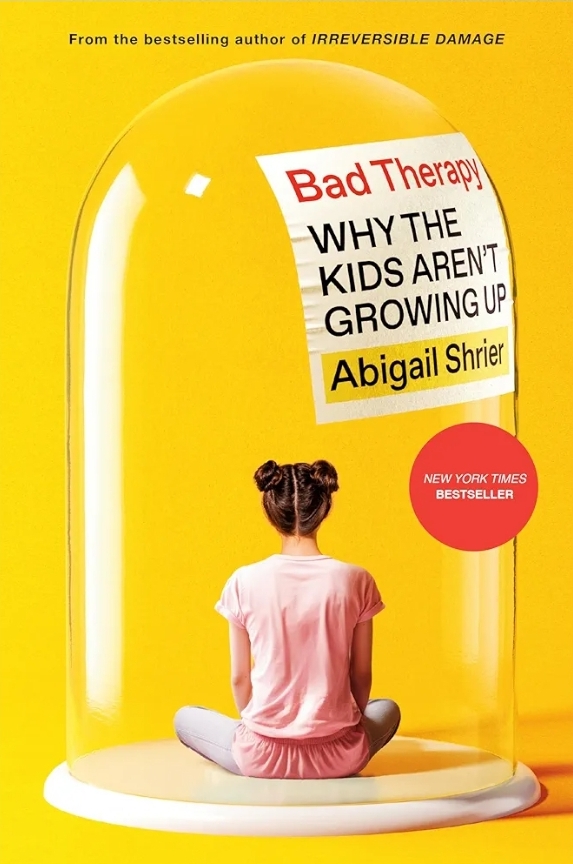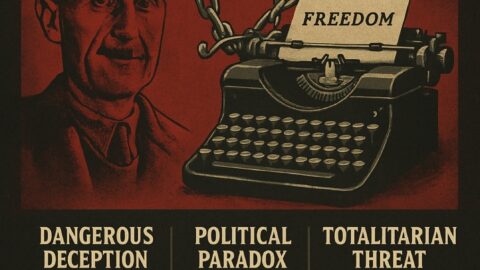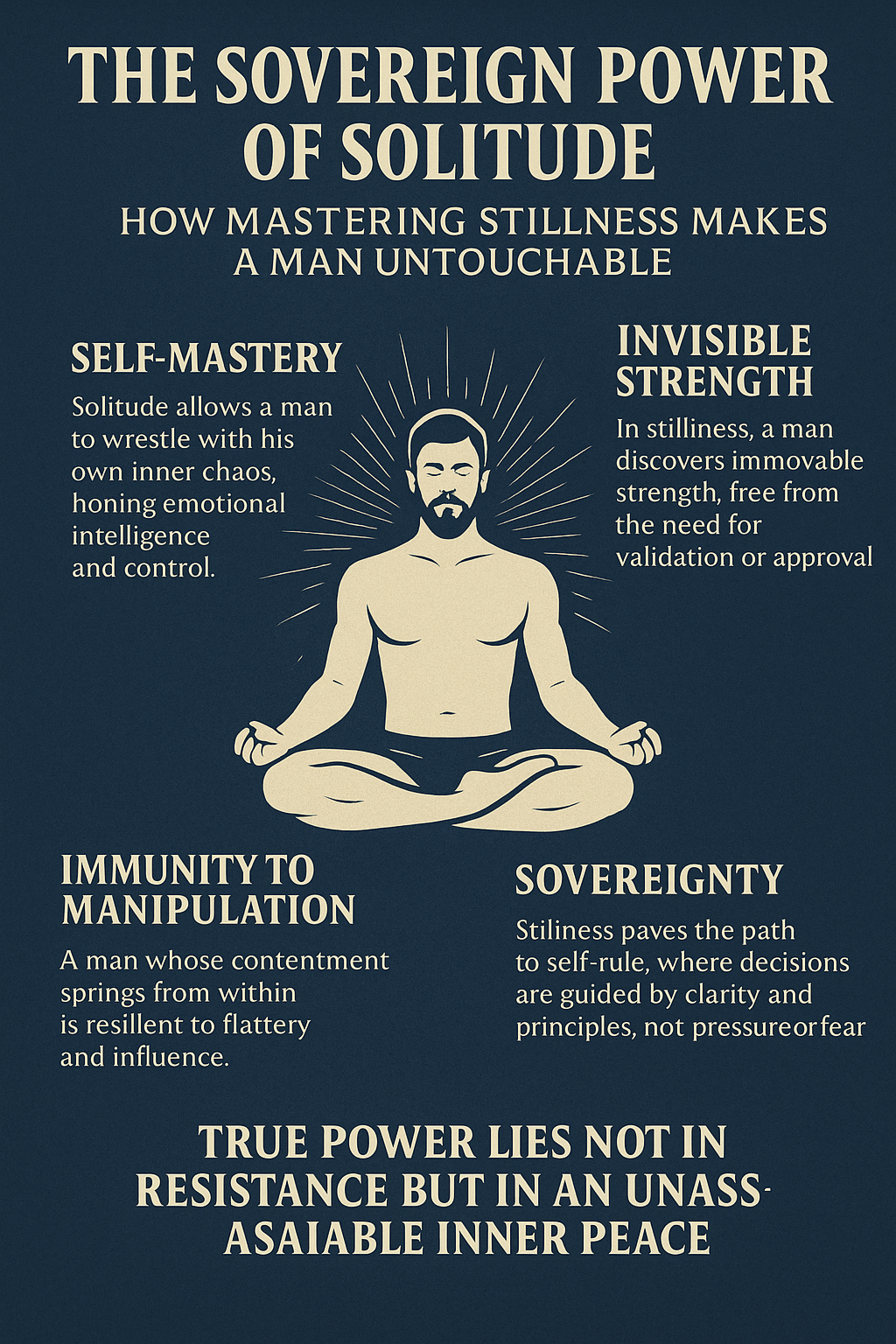“Bad Therapy: Why the Kids Aren’t Growing Up” by Abigail Shrier, discusses the impact of certain types of therapy on children and teenagers, particularly those that she believes encourage an overemphasis on identity exploration at the expense of traditional values like resilience, responsibility, and maturity.
Welcome to Prison Planet: Slaves R Us And What We Can Do About on a Personal Level
Key Points from the Book:
- Therapists and Modern Parenting:
- Shrier argues that many modern therapists have moved away from promoting resilience and personal growth. Instead, she claims they tend to encourage a “victimhood mentality,” where children are taught to see themselves primarily as victims of external circumstances.
- She criticizes this approach as detrimental, suggesting that it prevents children from learning how to handle adversity, build character, and mature into responsible adults.
- Focus on Identity and Feelings:
- The book discusses how modern therapy often places a heavy emphasis on self-identity and feelings, particularly around issues like gender identity, mental health diagnoses, and personal trauma.
- Shrier argues that while it is important to acknowledge and address these issues, the focus on them can sometimes overshadow the development of practical life skills, emotional resilience, and the ability to deal with everyday challenges.
- Over-Diagnosis and Pathologizing Normal Behavior:
- According to Shrier, there is a trend in therapy to pathologize normal adolescent behavior, treating typical teenage struggles as serious psychological disorders.
- She suggests that this approach may lead to an over-reliance on therapy and medication, which can undermine a child’s ability to develop coping mechanisms and self-reliance.
- Critique of Therapeutic Practices:
- Shrier is critical of certain therapeutic practices that, in her view, do not challenge children or encourage them to confront their issues directly. Instead, these practices often validate their feelings without offering tools or strategies to manage them effectively.
- She argues that this can create a dependency on therapy and contribute to a lack of personal growth and responsibility.
- Cultural and Social Factors:
- The article also touches on broader cultural and social factors that influence therapy, including a shift towards prioritizing self-esteem over achievement and comfort over challenge.
- Shrier claims that these cultural changes have impacted how therapists approach their work, leading to what she sees as “bad therapy” practices that fail to foster independence and maturity.
Abigail Shrier’s “Bad Therapy: Why the Kids Aren’t Growing Up” offers a critique of certain modern therapeutic practices and their impact on younger generations. She argues that therapy has become overly focused on validating feelings and identities at the expense of teaching resilience, personal responsibility, and coping skills. This, in her view, contributes to a culture where children are less prepared to face the challenges of adulthood.
Shrier’s arguments reflect a broader debate about the role of therapy in modern society, especially concerning its impact on children and adolescents.
Has Our Brain Been Intentionally Stunted To Affect Life Experiences & Political Ideology?







